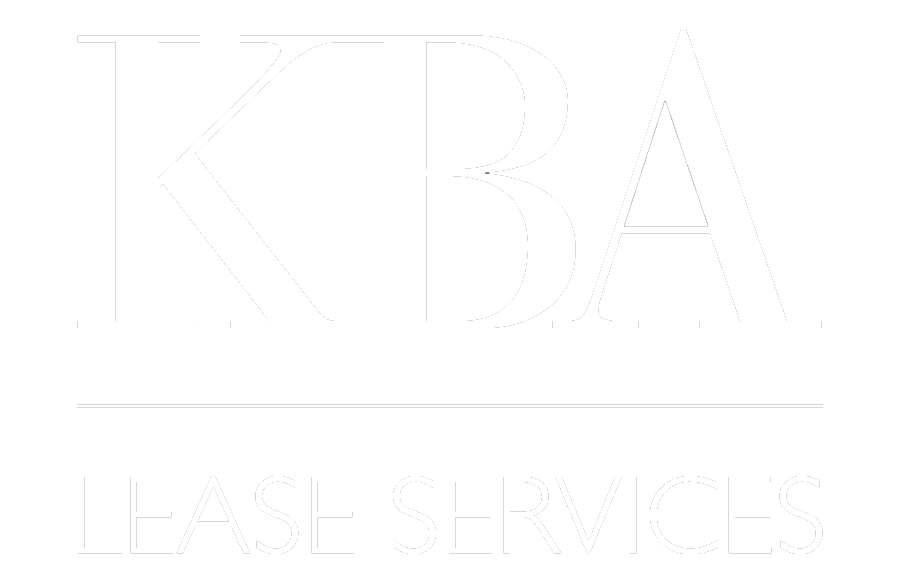In the final analysis, the value of lease auditing is measured by the financial impact of the corrections achieved for the tenant. To maximize these results, lease auditing cannot rely exclusively on accounting and auditing skills. It needs to supplement them with legal, architectural, building management and general business skills, in particular the ability to negotiate a resolution that satisfies the tenant’s objectives.
Much has been written about the auditing techniques and procedures employed in the examination of bills and landlords, books and records. Numerous examples of areas where potential overcharges may occur have been cited. Without this foundation of painstaking examination and discovery, no legitimate claim for the recovery of overcharges can be developed. However, once such a basis for a claim has been established, the onus is on the lease auditing firm to negotiate a recovery that satisfies both the tenant and the landlord. Only after this negotiation is completed will it be possible to assess the success of a lease audit.
Claims that arise from mathematical errors usually are easily resolved. Those audit claims that are based on perceived errors of interpretation and those in which the original charge is not believed to be fair and equitable, require complete documentation and usually involve protracted negotiation. Only through complete documentation and persuasive negotiation can such claims be resolved to a tenant’s satisfaction. Not surprisingly, the resolution phase is the most time-consuming aspect of the lease auditing process and one that demands a high level of proficiency.
It is possible that the tenant may elect not to pursue the ultimate potential refund from a landlord because it deems that such action would not be in its best business interests. Perhaps it is contemplating future transactions with the landlord, and believes that by “leaving something on the table,” it will maintain goodwill that will further its future negotiating position. Similarly, the tenant may value its relationship with the landlord and, therefore, decide not to maximize its recovery if it believes that this relationship would be jeopardized as a result.
With these caveats in mind, there are three primary factors that should govern the actions of the negotiation/lease auditor:
- There is no substitute for facts. In order to prove the validity of any overcharge claims, it is essential that the facts uncovered in the audit be provable.The quality of the audit findings is the first imperative to any successful negotiation. The negotiator must know and believe in the validity of the audit findings.
- All claims must be reasonable, equitable and supportable. Because many of the claims that arise from audits are based on interpretations of lease clauses and other intangible factors such as fairness and equity, it is important to fully support each claim with logic and reasonableness that will withstand counter-conclusions. Unreasonable claims for which there is dubious support will not only be rejected but also mitigate the likelihood of acceptance of more realistic claims. The credibility of the lease audit firm is a contributing factor to any successful negotiation, and such credibility is only established if its positions are reasonable, equitable and supportable.Fairness must be the overriding criterion of any lease audit claim. The lease auditor is seeking a fair resolution from the landlord. Should this fairness criterion be exceeded, considerable damage can be caused to the tenant/landlord relationship.
- Be alert for opportunities for creative resolutions. There are innumerable ways to settle a dispute arising from a lease audit. The negotiator needs to know what would best serve his client’s interests, then initiate solutions that achieve that goal and yet be palatable to the landlord.
As an example of the creativity required we negotiated an early lease termination in lieu of a cash settlement when a landlord and tenant had reached an impasse in negotiations that were based on refunds and credits. This resolution benefited both parties. Our client, who had decided not to renew its lease at this location, was able to plan its move at an earlier date. The landlord, now aware of his tenant’s pending move, was free to actively market the space and, in addition, was relieved because no refund of overpayments was required.
Lease auditing relies upon the melding of multiple disciplines. Negotiating skill is a critical factor in this mix, one that contributes to the lease audit firm’s clients achieving what they are entitled to: the result that satisfies their best interests.
